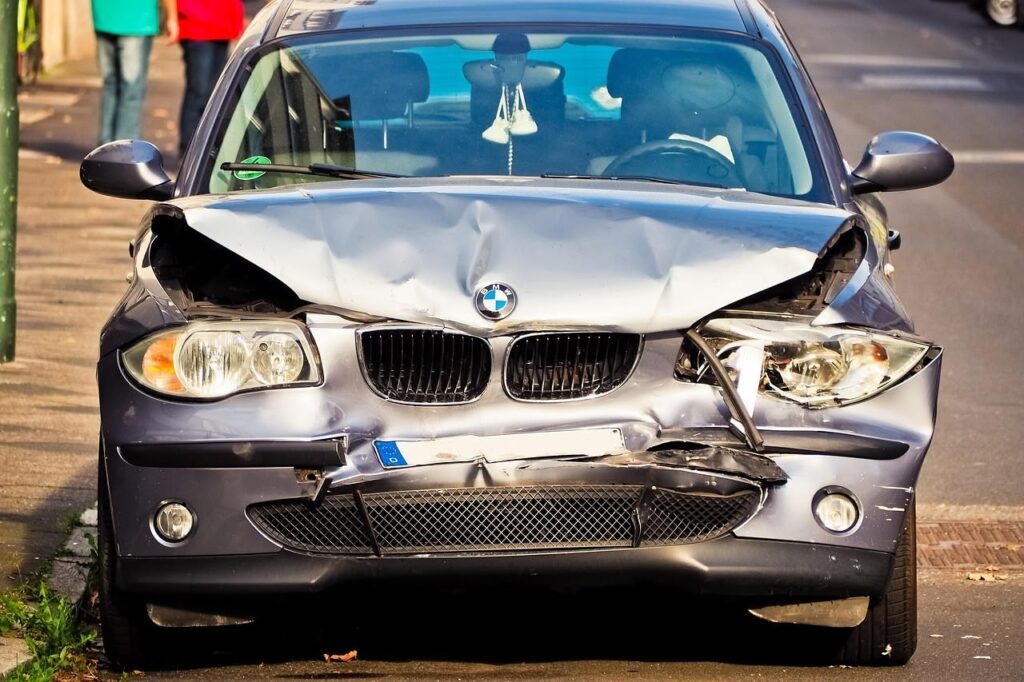Your car has reached the end of the road, and, after some research into whether you should scrap or sell your car, you’ve decided to scrap it.
You’ve arranged a collection with a reputable treatment facility, and it’s off to the scrapyard in the sky. You’re pretty well informed on how car scrapping works. But when do you let the DVLA know that you’ve scrapped your car?
First things first, you do have to tell the DVLA that you have scrapped your car – it’s actually a legal requirement.
This is your responsibility whether you’ve decided to have the car scrapped yourself or it was your insurance provider’s decision. There’s also a £1000 fine if you fail to tell the DVLA.
You should let the DVLA know that you’ve scrapped your car as soon as your chosen scrapyard has assessed the condition of your vehicle and loaded it onto their transport.
It’s worth waiting until after their assessment because there are instances in which treatment facilities turn down scrap cars – when they’re full of rubbish and personal items, for example.
Thankfully, it’s a really easy task to tell the DVLA about scrapped cars. Start by exchanging most of your vehicle logbook (V5C) with the scrapyard for a Certificate of Destruction – but keep hold of the yellow ‘sell, transfer or part-exchange your vehicle to the motor trade’ page.
Then, fill in this form on Gov.uk, which requires you to know the 11-digit reference number found in your V5C.
If they ask for the name of a trader you sold the vehicle to, put in the name of the authorised treatment facility or insurance company that scrapped the car, even if you didn’t make any money from it.
You’ll then get confirmation via post that the DVLA recognise you’re no longer responsible for that vehicle, along with a refund of any full months left on your vehicle tax.
If you don’t have the V5C, it’s a little bit more of a time-consuming process – but still pretty straightforward.
You’ll need to write to the DVLA via snail-mail and tell them that you’ve scrapped your car but don’t have the log book. You must include these details about the car in question:
To omit any of these risks the DVLA not accepting your notification of scrapping, which could land you in hot water and be fined for not telling them. If you know the VIN, that’s also a useful piece of information to include.
Scrapping a car isn’t as daunting as it seems. By choosing an authorised treatment facility, you’ll know you’re in safe hands.
If you have any questions about telling the DVLA or the rest of the car scrapping process, you can always check in with your chosen scrapyard, who will be happy to help.


